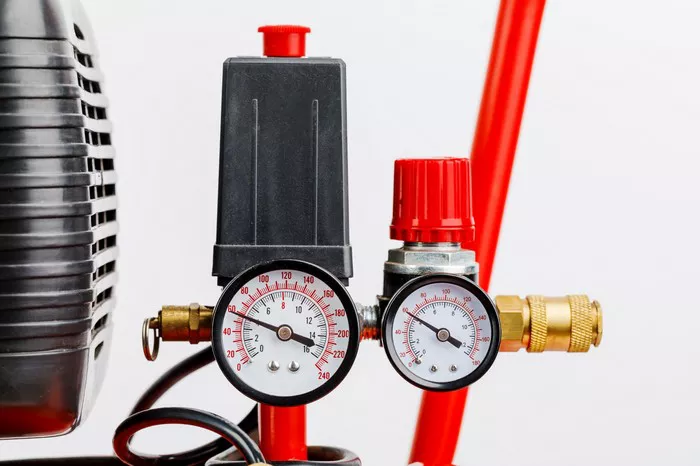The European Union has adopted a new regulation standardizing safety requirements and market approval procedures for harvesters and other non-road mobile machinery (NRMM), replacing a patchwork of national regulations with a unified EU-wide framework.
The regulation, approved by the Council of the EU, aims to simplify compliance processes while ensuring high safety standards for self-propelled machines like harvesters, lawn mowers, and bulldozers, particularly those that operate on public roads.
Streamlined Approval Process
The new rules introduce a simplified one-step approval process, allowing manufacturers to obtain certification in a single EU member state. This certification will then be valid across all 27 member states, reducing administrative burdens and costs. Smaller manufacturers producing fewer than 70 units annually per member state are exempt from the EU-wide approval requirement.
Rental companies and other users stand to benefit from reduced compliance costs and streamlined cross-border machinery use and resale. Additionally, harmonized safety standards promise improved road safety for drivers across the EU.
Flexibility for Member States
While the regulation standardizes safety and approval processes, member states retain the right to restrict the circulation of oversized or heavy machinery that could damage roads or pose maneuverability challenges. They may also refuse recognition of approvals if a specific machine type does not comply with the new rules.
Economic Impact and Lead-In Period
The regulation stems from a 2019 European Commission study that highlighted potential savings of up to 22% in compliance costs, amounting to €3.38 million annually in administrative expenses. Overall, stakeholders could save as much as €846 million under the new framework.
Although formally adopted, the regulation includes a three-year lead-in period before enforcement begins, giving manufacturers and stakeholders time to adapt.
Global Market Implications
With an annual production value of €12.5 billion, the EU’s NRMM sector is a significant global player, exporting 42% of its machinery outside the EU. Approximately 54% of production is traded within the EU, leaving only 4% sold in the country of manufacture.
The regulation, initially proposed by the European Commission in March 2023, aligns with the EU’s goal of fostering a competitive, efficient, and sustainable machinery industry while bolstering global export capabilities.
Related Topics:
- What Is a Mass Spectrometer Used For in Forensics?
- How Does a UV-Vis Spectrometer Work?
- What is Process Instrumentation?

